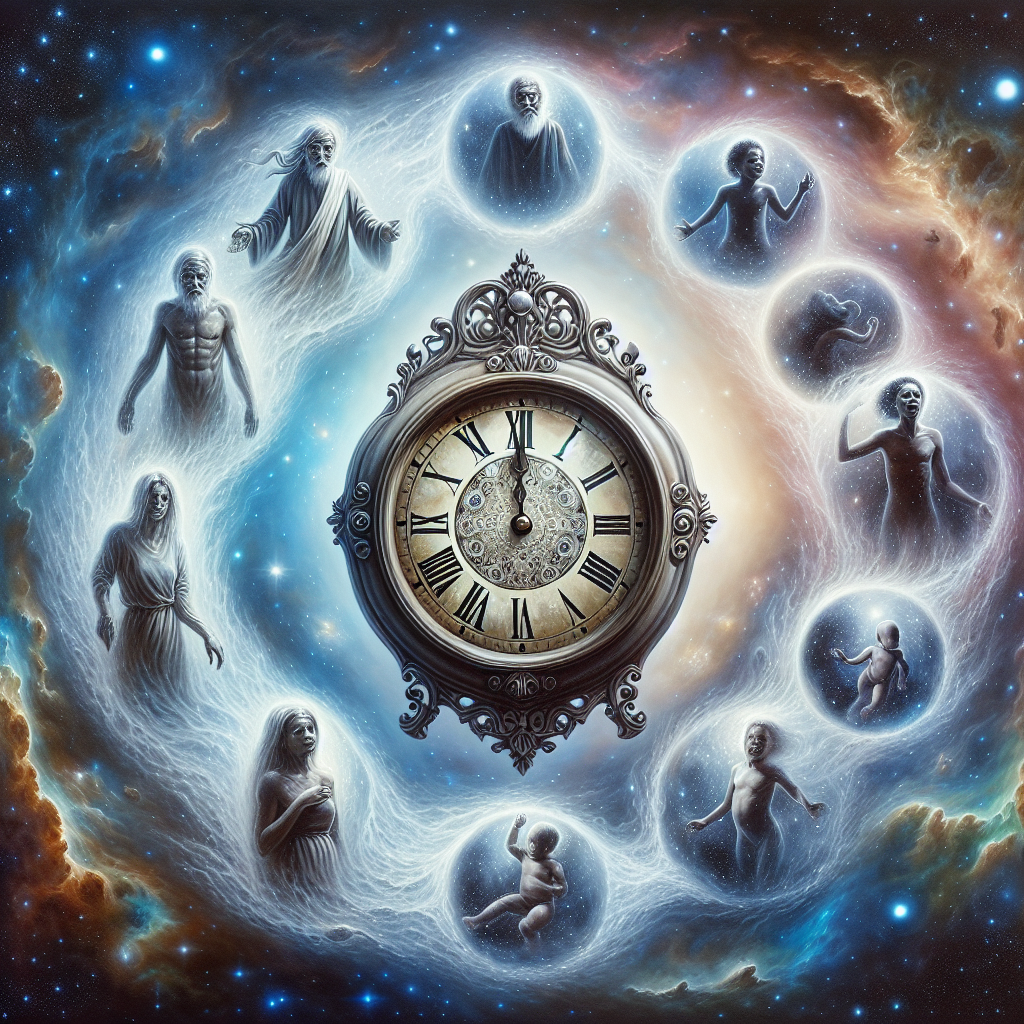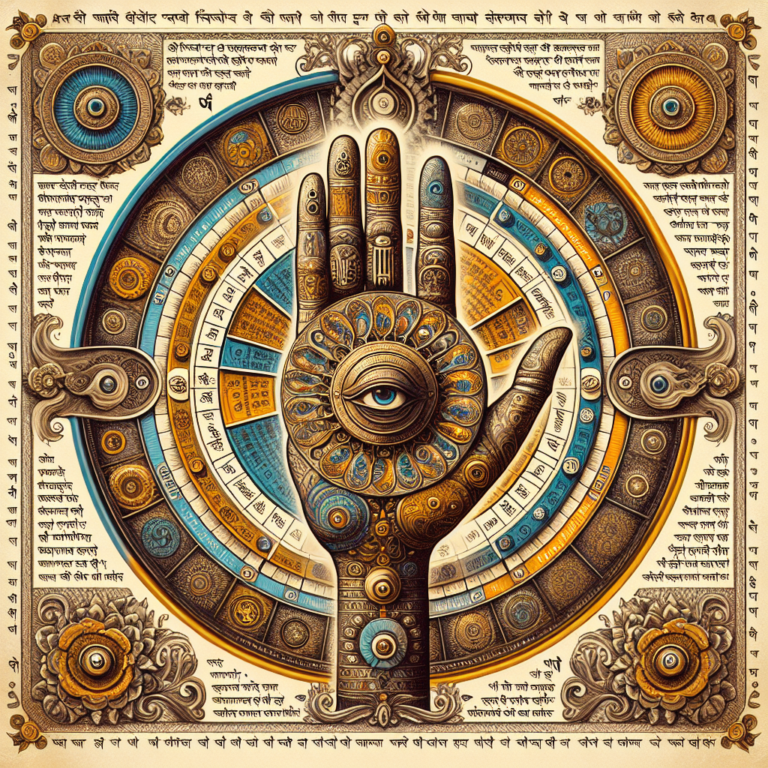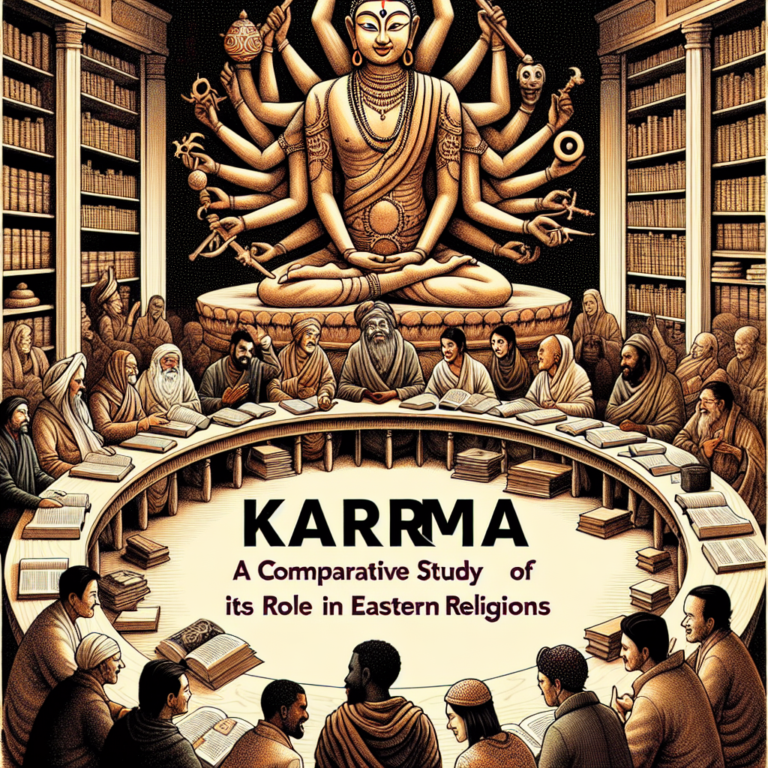Reincarnation is a philosophical and spiritual concept that has fascinated humanity for millennia. The idea posits that the soul is immortal and undergoes a cycle of birth, life, death, and rebirth. This cyclical understanding of existence is not merely a religious doctrine but a deeply embedded belief in various cultures around the globe, influencing philosophies, moral codes, and the perception of life and death.
Historical Perspectives on Reincarnation
The roots of reincarnation can be traced back to ancient civilizations. The concept is particularly pronounced in Indian religions like Hinduism and Buddhism. In Hinduism, reincarnation, or "samsara," is seen as a crucial aspect of life where the soul (atman) traverses a cycle of births based on karma—the cumulative results of a person’s actions. When one achieves enlightenment (moksha), the cycle is broken, allowing the soul to merge with the ultimate reality, Brahman.
Buddhism, though it approaches the concept differently, shares similar tenets about the cycle of rebirth (samsara) influenced by one’s karma. The goal in Buddhism is to attain Nirvana, a state free from suffering and the cycle of rebirth.
In the West, the concept of reincarnation appears in various philosophical schools. Ancient Greeks, including Plato, discussed the idea in their works, with Plato suggesting that the soul exists before and after the physical body, learning through multiple lives. The Pythagoreans also believed in the transmigration of souls, promoting ideas about moral evolution through different incarnations.
Reincarnation in Modern Context
In contemporary society, the belief in reincarnation continues to thrive, transcending cultural and geographical boundaries. Many people are drawn to the notion of past lives as a method of understanding present life experiences. This modern interest can be attributed to a growing focus on spirituality and self-exploration, with various practices such as regression therapy gaining popularity.
Past life regression therapy, where individuals are guided to revisit memories from previous incarnations, aims to uncover traumas or unresolved issues impacting their current lives. Proponents of this practice argue that understanding one’s past can lead to healing, personal growth, and a greater awareness of one’s life purpose.
The concept of reincarnation also intersects with various psychological and philosophical discussions. Psychologists explore the impact of past life beliefs on mental health and behavior, while philosophers debate the implications of such a belief system on ethics and morality. The idea that our actions have repercussions that can span multiple lifetimes dispels notions of nihilism, inspiring individuals to live more consciously and ethically.
The Science of Reincarnation
While reincarnation predominantly lies within the realms of spirituality and personal belief, some attempts have been made to approach it scientifically. Notable researchers like Dr. Ian Stevenson, a psychiatrist from the University of Virginia, devoted much of his career to studying cases of children who claimed to remember past lives. His work involved documenting thousands of cases, focusing on details the children provided that could often be verified, leading him to conclude that there is a potential basis for the phenomenon of reincarnation.
Skeptics argue that many of these memories could be a result of suggestibility, fantasy, or misinformation. However, such dialogues only deepen the intrigue surrounding reincarnation, as it challenges our understanding of identity, consciousness, and existence.
The Spiritual and Ethical Dimensions of Reincarnation
Reincarnation encourages a moral framework that emphasizes accountability and personal responsibility. The belief that one’s current life circumstances are a result of their past actions can motivate individuals to pursue a virtuous life, epitomizing the age-old adage, “What goes around, comes around.” Many adherents find comfort in the notion that life is a continuous opportunity for growth, learning, and self-improvement.
In addition to personal ethics, the understanding of life as a journey of the soul can promote a more compassionate worldview. Recognizing that each individual may be on their own path toward evolution cultivates empathy and tolerance, fostering a sense of interconnectedness among all beings.
Challenges and Misunderstandings
Despite its appeal, reincarnation is often misunderstood or oversimplified in popular culture. Misconceptions about the nature of past lives and the rebirth process can lead to stereotypes or exploitation of spiritual practices. Additionally, some may express discomfort with the idea of past identities that can be disturbing or at odds with their self-perception.
Moreover, the concept of karma is often misrepresented. People might mistakenly believe that bad things happen as a direct result of past misdeeds, thus failing to see the complexities of individual circumstances and the multifaceted nature of suffering.
Conclusion
Reincarnation invites us to reflect on the deeper meanings of life, death, and the journey of the soul. It challenges established norms of linear existence and advocates for a perspective that sees life as an evolving continuum of experiences. Whether viewed through a spiritual, philosophical, or psychological lens, the exploration of reincarnation opens pathways to understanding our purpose, improving our moral compass, and recognizing our interconnectedness with all life.
As we grapple with the concept’s implications, it may serve as a vital reminder to live intentionally, compassionately, and with awareness that our actions echo beyond our immediate existence.
FAQs
1. What is reincarnation?
Reincarnation is the belief that the soul is reborn into a new body after death, continuing its journey through multiple lifetimes based on past actions and experiences.
2. Which religions believe in reincarnation?
Reincarnation is primarily associated with religions such as Hinduism and Buddhism. However, similar beliefs can be found in other spiritual traditions, including certain indigenous cultures and New Age philosophies.
3. How does karma relate to reincarnation?
Karma refers to the moral law of cause and effect, where one’s actions in life influence their future experiences. It plays a pivotal role in determining the circumstances of one’s next life in reincarnation beliefs.
4. Can past lives be remembered?
Some individuals claim to have memories of past lives, often reported in children. Past life regression therapy is a practice aimed at uncovering these memories, although the phenomenon is subject to debate.
5. What happens when one achieves enlightenment in the context of reincarnation?
In Hinduism, achieving enlightenment (moksha) means the soul is liberated from the cycle of rebirth and merges with the ultimate cosmic reality. In Buddhism, achieving Nirvana frees one from suffering and the cycle of samsara.
Sure! What kind of prompt are you looking for? It could be for writing, brainstorming ideas, creative tasks, or something else. Just let me know!, #Reincarnation #Exploring #Journey #Soul #Time, #Reincarnation #Exploring #Journey #Soul #Time, 1736575207, reincarnation-exploring-the-journey-of-the-soul-through-time





